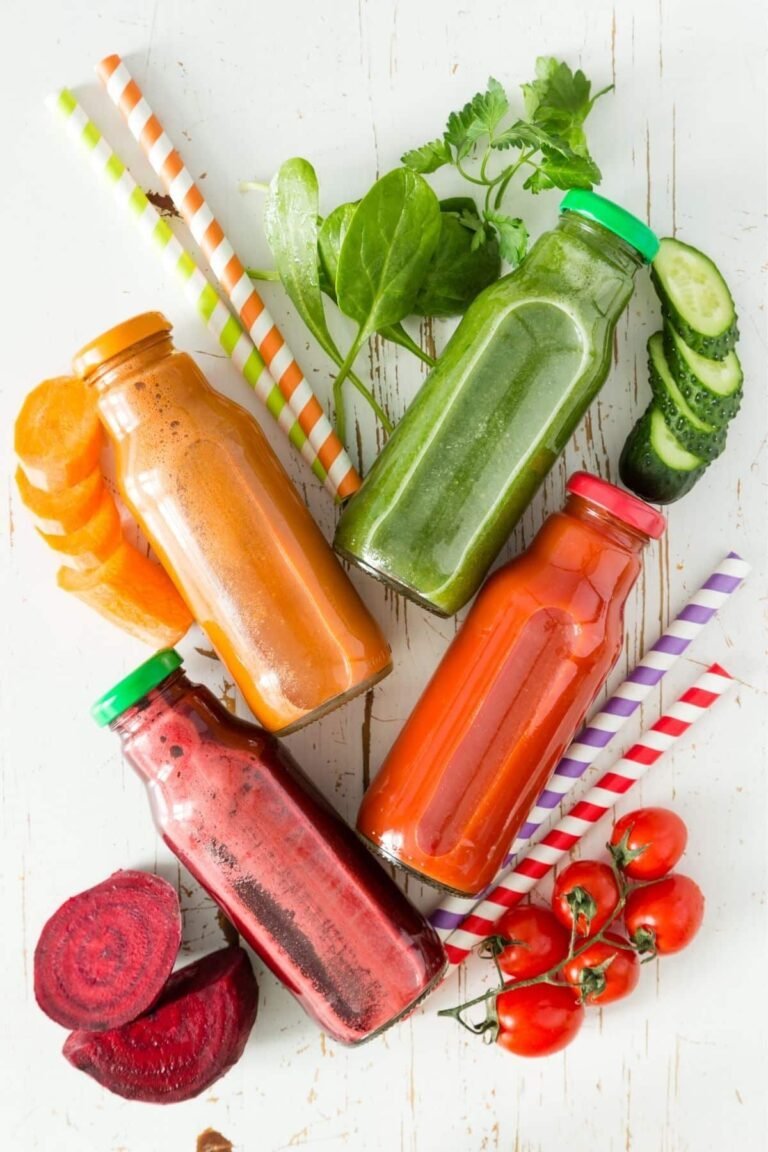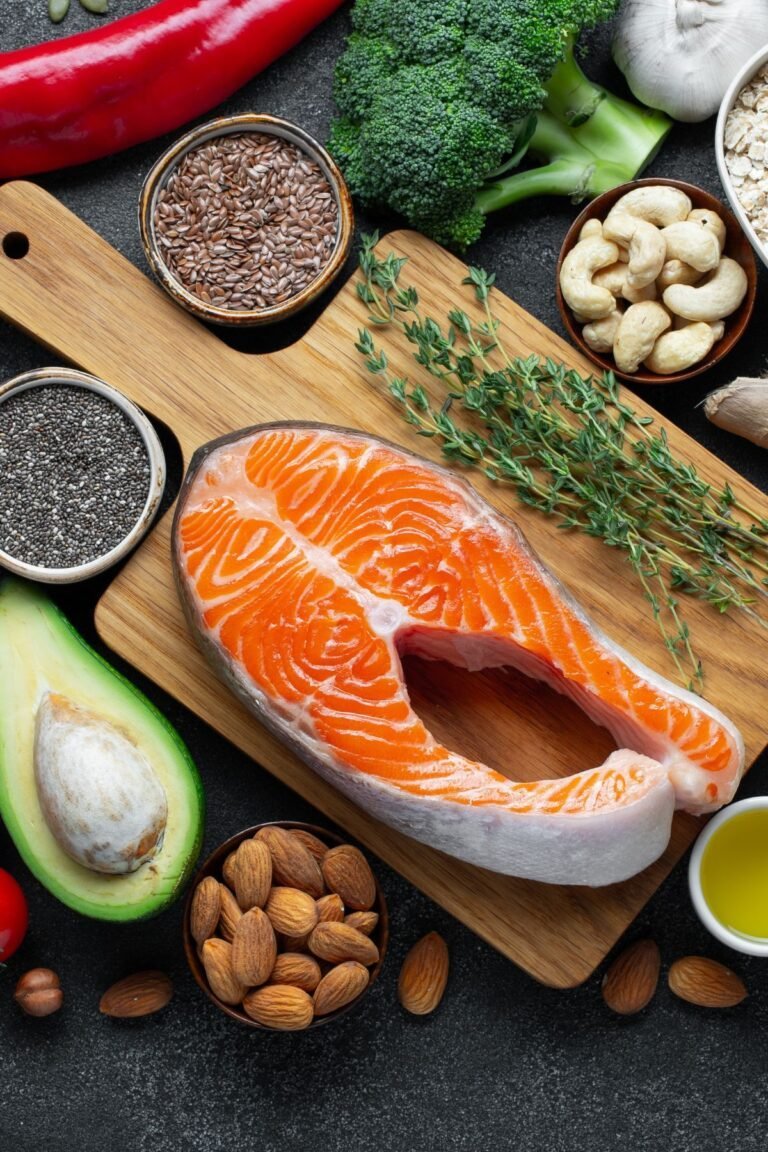Best & Worst Diets for Climate Change
In our bustling modern world, what we eat not only affects our own health but also leaves a significant footprint on the environment. Let’s break down how different dietary choices impact both our well-being and the planet, and explore some simple steps we can take towards a more sustainable lifestyle.
1. The Standard American Diet (SAD)
You’ve probably heard the term “SAD” thrown around, and sadly, it’s quite fitting. This diet, characterized by processed foods, sugary drinks, and fried treats, wreaks havoc on our health. With its abundance of saturated fats, refined sugars, and carbs, it’s no wonder obesity and diseases like diabetes are rampant.
But the damage doesn’t stop there. The SAD diet also takes a toll on the environment, contributing to greenhouse gas emissions through the production of processed meats and the vast resources required for livestock farming. From methane emissions to water pollution, the environmental impact is staggering.
How to Make a Difference:
Switching to a healthier diet isn’t just beneficial for our bodies; it’s also a boon for the planet. Even small changes, like incorporating more fruits and veggies while reducing processed foods, can make a significant impact on both fronts.
2. Fast Foods
Fast food is synonymous with convenience, but it comes at a steep cost. Not only does it harm our health with its high-fat, high-sodium offerings, but it also wreaks havoc on the environment through excessive packaging and waste.
How to Make a Difference:
While some fast-food chains are making strides towards sustainability, the real change starts with us. By limiting our consumption of fast food and opting for more eco-friendly alternatives, we can reduce our carbon footprint and support healthier eating habits.
Best Diets for Climate Change
- Plant-Based Diets: Whether you go vegan, vegetarian, or simply focus on plant-based foods, reducing meat consumption is a powerful way to combat climate change. By minimizing the environmental impact of livestock farming, these diets offer a sustainable solution for both our health and the planet.
- Real Food Diets: Embracing whole, minimally processed foods not only promotes better health but also reduces our environmental footprint. From supporting sustainable farming practices to minimizing waste, real food diets offer a holistic approach to eating well while preserving the planet.
- Mediterranean Diet: With its emphasis on plant-based foods and minimal meat consumption, the Mediterranean diet strikes a balance between health and sustainability. By choosing locally sourced, seasonal ingredients, we can enjoy delicious meals while reducing our environmental impact.
More Tips for Sustainable Eating
- Reduce Food Waste: Be mindful of how much food you buy and consume, and find creative ways to use or preserve excess ingredients to minimize waste.
- Buy in Season: Support local farmers and reduce carbon emissions by choosing seasonal produce that hasn’t traveled far to reach your plate.
- Consider Reducing Certain Foods: You don’t have to give up meat entirely, but cutting back on animal products can still have a positive impact on your health and the environment.
Conclusion:
Our dietary choices have far-reaching consequences, impacting not only our own well-being but also the health of the planet. By making small changes to our eating habits and embracing more sustainable diets, we can create a healthier future for ourselves and generations to come.
FAQs:
1.Can I still enjoy meat on a sustainable diet?
Absolutely! Opting for sustainably sourced, grass-fed meat can minimize the environmental impact of your diet while still allowing you to enjoy animal products in moderation.
2.Are plant-based diets suitable for everyone?
While plant-based diets offer numerous health and environmental benefits, it’s essential to ensure you’re meeting your nutritional needs. Consulting with a healthcare professional or registered dietitian can help you create a balanced plant-based meal plan.
3.How can I afford to eat sustainably on a budget?
While organic and sustainably sourced foods may come with a higher price tag, there are still plenty of budget-friendly options available. Buying in bulk, choosing seasonal produce, and opting for plant-based proteins can help you eat sustainably without breaking the bank






